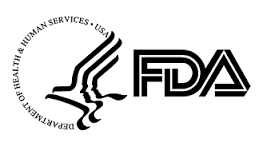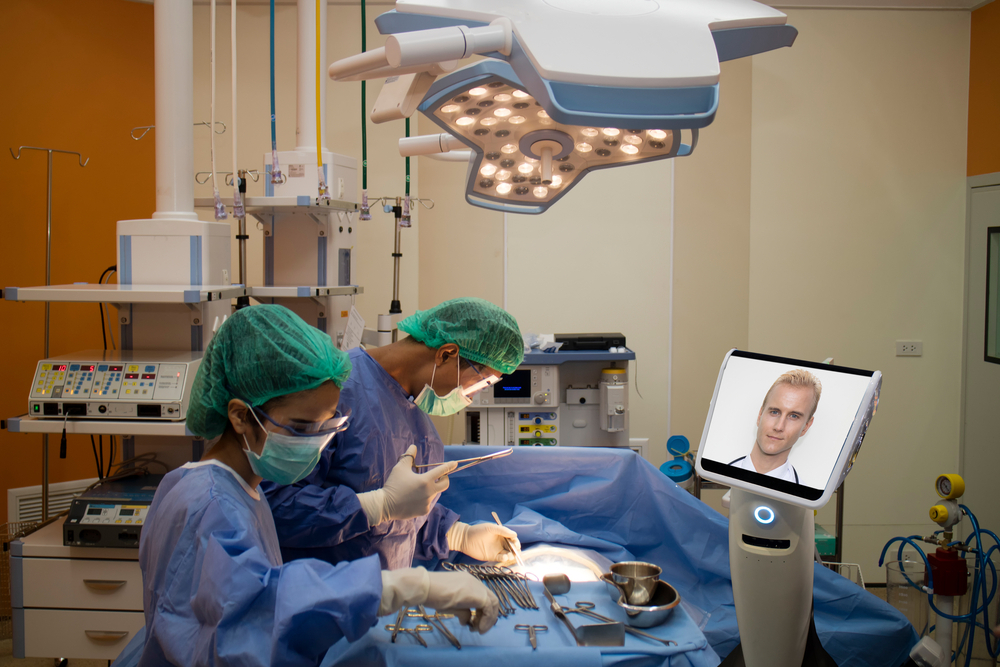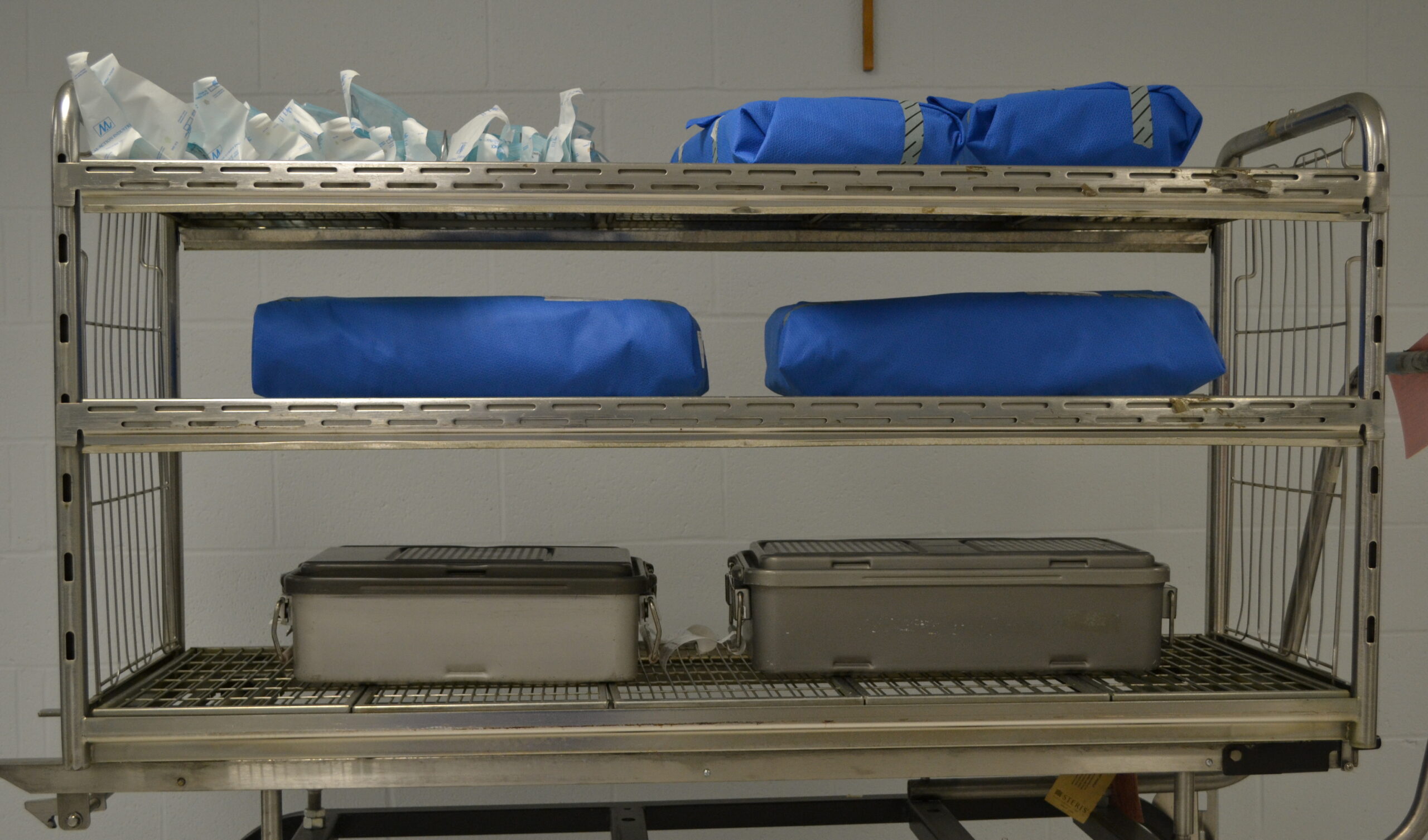Editor's Note Hospitals’ financial outlook is stable, although growth is slowing and certain costs are projected to increase, particularly for cybersecurity, according to two recent Becker’s reports on data from Moody’s Investor Services. The first, published November 14 in Becker’s Hospital CFO Report, notes that “hospitals are facing a stable…

Editor's Note The US Food and Drug Administration (FDA) has designated Class 1 recalls—the most severe category indicating risk of serious injury or death—involving three systems: Atlan anesthesia workstations from Draeger, CADD-Solis ambulatory infusion pumps from Smiths Medical, and Trilogy Evo ventilators from Philips Respironics. FDA issued all three announcements…

Takeaways • The 3A Strategic Thinking Framework and the GOST Framework are examples of tools that can help make the abstract process of strategic thinking more concrete for perioperative leaders. • Carving out dedicated time for planning and fostering strategic thinking in others are important to achieve optimal results. •…

How should responsibilities associated with C-sections be divided between the OR team and the OB/GYN department at a staff-strapped rural hospital? This was just one of many questions I had never considered prior to attending the 2024 OR Manager Conference, which drew perioperative professionals to the MGM Grand in Las…

Eliminating physical distance as a barrier to communication makes it easier for caretakers to help not only their patients, but also one another. This is the promise of virtual care technology, which offers system-wide potential for providers facing growing demand for high-quality, cost-effective care. For perioperative leaders specifically, advantages of…

Reliable and robust enough for daily use on most medical devices, steam is the most common sterilant in healthcare facilities. However, using steam properly requires a balancing act. For example, too much moisture can lead to wet packs, while steam that is too dry might not be sufficient to achieve…

Editor's Note A November 13 report from The Government Accountability Office (GAO) identifies critical gaps in the Department of Health and Human Services' (HHS) ability to manage cybersecurity risks in the healthcare and public health sector. HHS, the lead federal agency for cybersecurity in this sector, faces challenges in monitoring…

Editor's Note Glucagon-like peptide-1 receptor agonists (GLP-1s) could reduce total knee arthroplasty (TKA) complications for non-diabetic patients with obesity, according to a November 13 Helio report on research presented at the American Association of Hip and Knee Surgeons Annual Meeting. In addition to reduced odds of 90-day medical complications, the…

Editor's Note A recent study presented at the American Society of Anesthesiologists’ 2024 meeting reveals that a computerized mental health assessment, KCAT, may effectively identify anxiety and depression in pediatric surgical patients. According to an October 20 report in Anesthesiology News, the single-center pilot study involved 65 children aged 7…

Editor's Note During the past few years, US hospitals have improved significantly in reducing healthcare-associated infections (HAIs), adhering to hand hygiene best practices, and preventing medical errors, according to the fall 2024 Hospital Safety Grades from The Leapfrog Group, a nonprofit focused on patient safety. Released November 15, the rankings…